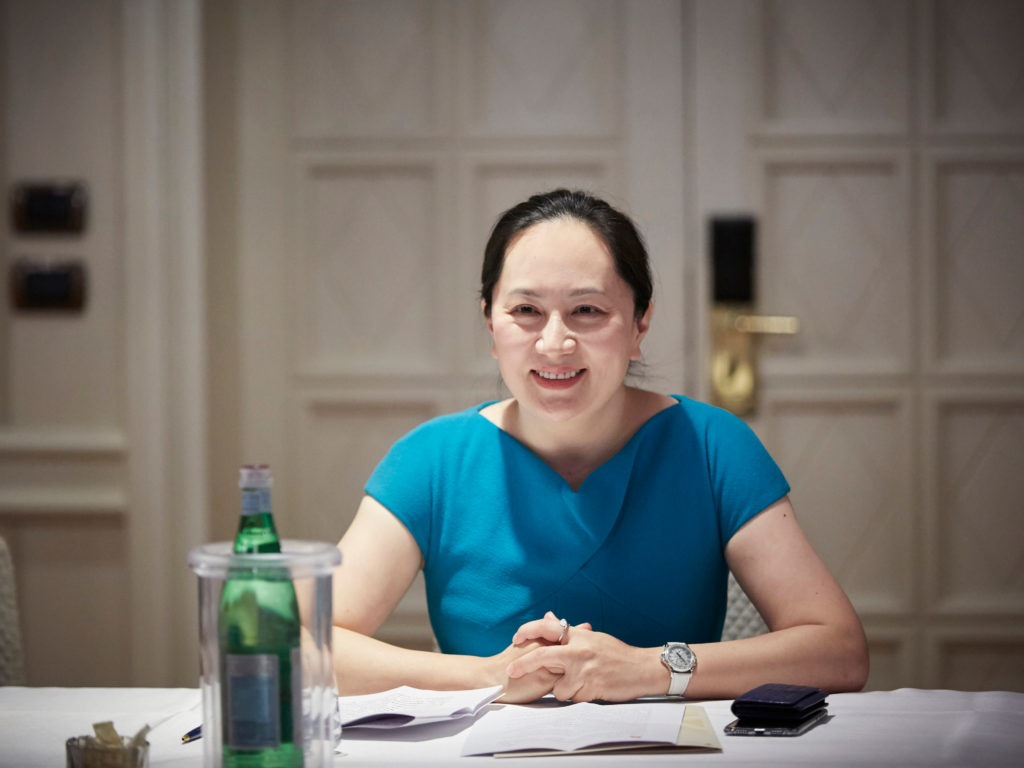
A Canadian judge in the Meng Wanzhou extradition case has ordered the Canadian Border Services Agency (“CBSA”) and the Royal Canadian Mounted Police (“RCMP”) to disclose more documents relating to the Huawei CFO’s arrest. Ms Meng alleges that she was unlawfully detained and that the present proceedings are an abuse of process.
Chief Justice Heather Holmes was satisfied that Ms Meng’s request met the legal test for further disclosure, that is to say it raised enough questions to give an “air of reality” to the allegations, but stated that the disclosure ruling has no bearing on whether the substantive claim of abuse of process will ultimately succeed.
Lawyers for Ms Meng have argued that the proceedings are an abuse of process in two ways. First, the improper use by the US of the proceedings for political and economic ends and second, the alleged unlawfulness of her arrest in violation of her Canadian Charter rights. Ms Meng contends that Canadian officials should have arrested her immediately on arrival in Canada but instead, following collusion with the US, decided to allow her to proceed through CBSA screening to allow border agents to improperly search and question her on behalf of the US authorities. Ms Meng’s phones were seized by CBSA officers during this process.
The Canadian authorities deny these allegations of collusion and argue that Ms Meng was properly and necessarily processed through immigration channels. The Canadian authorities further state that border agents do not have a power of arrest in respect of extradition matters.
During the disclosure hearing, it was, however, revealed by lawyers for the Attorney General that the CBSA had mistakenly handed over to the RCMP the passcodes to Ms Meng’s phones.
The next stage in proceedings is set for January 2020 when it is expected that arguments on the issue of dual criminality will be heard.
For background on this case see our earlier posts here.
Tags: Abuse of process, Canadian Charter rights Categories: Canada, China, United States



Recent Comments